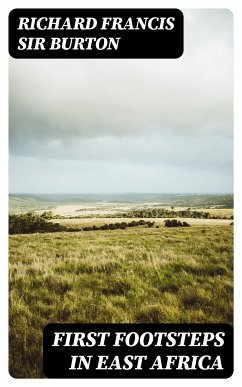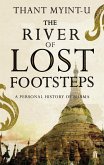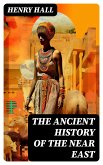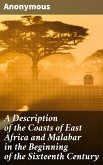In "First Footsteps in East Africa," Richard Francis Sir Burton presents a meticulous account of his 1857 expedition into the heart of East Africa, capturing not only the geography and cultural richness of the region but also the complexities of its sociopolitical fabric. Combining vivid narrative prose with ethnographic observation, Burton engages his readers with an exploration of the indigenous peoples, their customs, and the landscapes they inhabit. The literary context of this work situates itself within the broader Victorian fascination with exploration and imperial discovery, reflecting both the age's excitement for the unknown and its underlying imperialistic motivations. Burton, a renowned explorer, linguist, and anthropologist, was instrumental in expanding Western knowledge of Eastern cultures during a time when such exploration was both daring and politically charged. His extensive travels throughout the Middle East, Africa, and beyond, along with his proficiency in languages and keen observation skills, equipped him for the challenges of this expedition. Burton's own experiences of cultural interaction, combined with his deep curiosity about societies beyond the Western world, inform his nuanced portrayal of East Africa's multifaceted landscapes. "First Footsteps in East Africa" is highly recommended for readers interested in exploration literature, colonial history, or African studies. Burton's vivid depictions and astute observations invite a deeper understanding of a complex world that continues to resonate today, offering both historical insight and literary richness that captures the spirit of an era defined by discovery and adventure.
Dieser Download kann aus rechtlichen Gründen nur mit Rechnungsadresse in A, B, BG, CY, CZ, D, DK, EW, E, FIN, F, GR, H, IRL, I, LT, L, LR, M, NL, PL, P, R, S, SLO, SK ausgeliefert werden.









